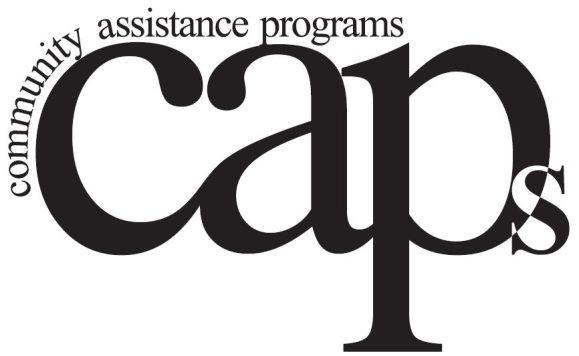Chicago Construction Workforce Equity Ordinance
O2025-0018753
Chief Sponsor: Alderwoman Rossana Rodriguez-Sanchez
The unionized construction trades offer Chicagoans a proven pathway to economic security, providing workers with marketable skills, competitive wages, and full benefits. However, there are systemic barriers that have historically excluded women and people of color, particularly Black individuals, from this workforce. Recent data from Freedom of Information Act (FOIA) requests for 2023 to 2024 indicate that approximately 6% of work hours on City-managed construction projects are performed by women, and fewer than 12% are performed by African Americans. Data also show that two-thirds of minority and women apprentices drop out of union apprenticeship programs before completion.
And our communities are hurting, in part, because of these exclusionary practices. Women and people of color, underrepresented in the construction trades, are overrepresented among the ranks of the city’s poor. The poverty rate for Black women in Chicago is nearly three times that of white men, and more than 40% of Chicago’s young Black men are out of school and unemployed. Unionized construction has the potential to contribute a significant number of good-paying, high-quality jobs for these marginalized groups.
While billions in infrastructure and capital funding have been committed by the city, state, and federal governments, the new Trump administration has decisively rolled back federal diversity, equity and inclusion efforts that had asserted that the jobs created by these investments should be available to everyone. The City must stand up and pledge to make concrete efforts so that public and private dollars for construction in Chicago will be leveraged to create actual economic opportunities and family-sustaining careers for the communities most in need.
Now is the time for the City Council to act and implement policies that provide solutions to racial and gender inequities in the construction trades.
To be effective, these solutions must include:

Robust enforcement by the City
- The City must create an Office or Division of Construction Workforce Equity to provide oversight of contractor efforts for equitable hiring and enforcement of equity requirements in municipal code section 2-92-330.
- City staff must analyze weekly payroll reports to monitor progress and hours worked, and provide on-site monitoring of workforce training opportunities, work assignments, distribution of available overtime, access to properly fitted PPE and sanitary facilities, and compliance with anti-harassment laws, and provide an opportunity for workers to complete a survey about their experiences.
Real community oversight through an advisory board
- The City must establish an advisory board made up of key stakeholders, including City Departments, labor unions, contractors, and community-based organizations to review detailed workforce data on active projects to evaluate compliance in hiring and retention from underrepresented groups and promote equal employment opportunity on City-funded projects.
- The advisory board will advise on benchmarks, policy solutions, corrective action and penalties that drive towards workforce equity.
Funding for support services to eliminate barriers to employment
The City must provide funding for barrier removal for new workers and pre-apprenticeship training targeted at women and people of color to prepare them to enter the industry.
Data transparency and accountability from contractors and the City
- The City must create a public website where performance on equity goals by project and contractor will be shared.
- This data shall be timely provided and include work hours by race and ethnicity, gender, and trade.
- The City must publicize projections of needed workforce for projects as well as anticipated apprenticeship openings, and advertise all job openings online.
The Chicago Construction Workforce Equity Coalition, led by Chicago Women in Trades, Revolution Workshop, the Chicago Jobs Council, the Chicago Urban League, the Shriver Center on Poverty Law, and Community Assistance Programs has championed this ordinance in collaboration with tradeswomen of color, minority contractor organizations, and other industry stakeholders.
The Chicago Construction Workforce Equity Ordinance takes concrete action to improve access to and retention in these careers for underrepresented groups, requires the City to provide the resources to implement and enforce policy, brings all industry stakeholders together to assist with oversight, and requires public reporting of data to provide accountability on performance.
While diversity initiatives are under attack by the Trump administration, the Chicago City Council has the opportunity to champion an inclusive and equitable construction workforce.
On July 16, 2025, the Chicago Construction Workforce Equity Ordinance was introduced in the City Council by its chief sponsor Alderwoman Rossana Rodriguez-Sanchez. If passed, the ordinance will create mechanisms for community oversight of existing programs that incentivize City contractors to hire women and people of color on City of Chicago construction projects, ensure greater transparency and enforcement from the Department of Procurement Services, and open the doors to more funding for key supportive services that remove barriers for workers. This is critical, as less than 6% of work hours on City construction projects are performed by women, and less than 12% are performed by African Americans.
Tell your Alderperson: fight for construction workforce equity!
To sign on as a sponsor of this ordinance, contact Beth Berendsen: policy@cwit.org





